News Archive

Four new CSE department heads begin in 2024-25
Posted
Professor James Kakalios of the School of Physics and Astronomy was one of four new department heads named by CSE Dean Andrew Alleyne. These new department heads bring a wealth of academic, research, and leadership abilities to their departments.
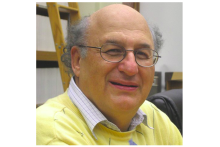
Shifman named Regents Professor
Posted
Professor Mikhail “Misha” Shifman of the School of Physics and Astronomy and the Willliam I. Fine Theoretical Physics Institute has been named a University of Minnesota Regents Professor.
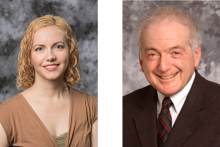
Glesener awarded Allen M. Goldman Faculty Fellowship
Posted
Associate Professor Lindsay Glesener has been awarded the Allen M. Goldman Faculty Fellowship for the 2024-2025 academic year.
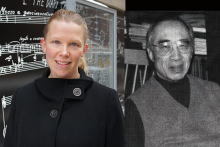
Burnell appointed to Tang Family Professorship
Posted
Professor Fiona Burnell has been appointed as the inaugural holder of the Tang Family Professorship.

2024 Graduate Awards and Fellowships
Posted
There are 21 graduate award and fellowship recipients in the School for 2024.
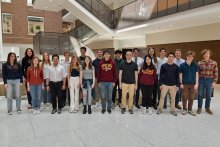
2024 Undergraduate Scholarship Recipients
Posted
There are 39 recipients and 14 undergraduate scholarships. The winners are as follows.
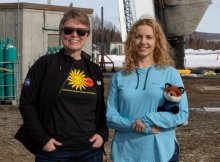
Glesener part of NASA's first solar flare observation campaign
Posted
Professor Lindsay Glesener, of the School of Physics and Astronomy is part of a research team launching a sounding rocket to study solar flares. The rocket, named Focusing Optics X-ray Solar Imager (FOXSI-4), is equipped with an X-ray telescope that will gather precise measurements of this solar phenomenon.
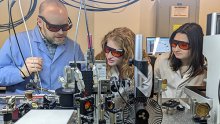
Inside Professor McLeod’s Nano-Imaging Laboratory
Posted
Professor Alexander McLeod’s nano-imaging lab creates novel ways to study materials as well as looking for new physics in those materials. Nano-spectroscopy is a technique that attaches conventional optics like lasers and photodetectors to a probe that consists of a tiny, very sharp needle that vibrates 100 thousand times per second.
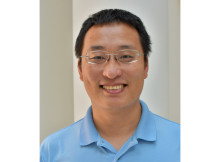
Liu receives prestigious Sloan Research Fellowship for early-career researchers
Posted
School of Physics and Astronomy Assistant Professor Zhen Liu is one of only 126 early-career researchers who will receive a prestigious 2024 Sloan Research Fellowship.

Coughlin and Criswell part of comprehensive UV light survey
Posted
Assistant Professor Michael Coughlin and graduate student Alexander Criswell of the School of Physics and Astronomy are part of a new NASA mission that has just been selected to conduct a comprehensive survey of ultraviolet light spanning the entire sky.